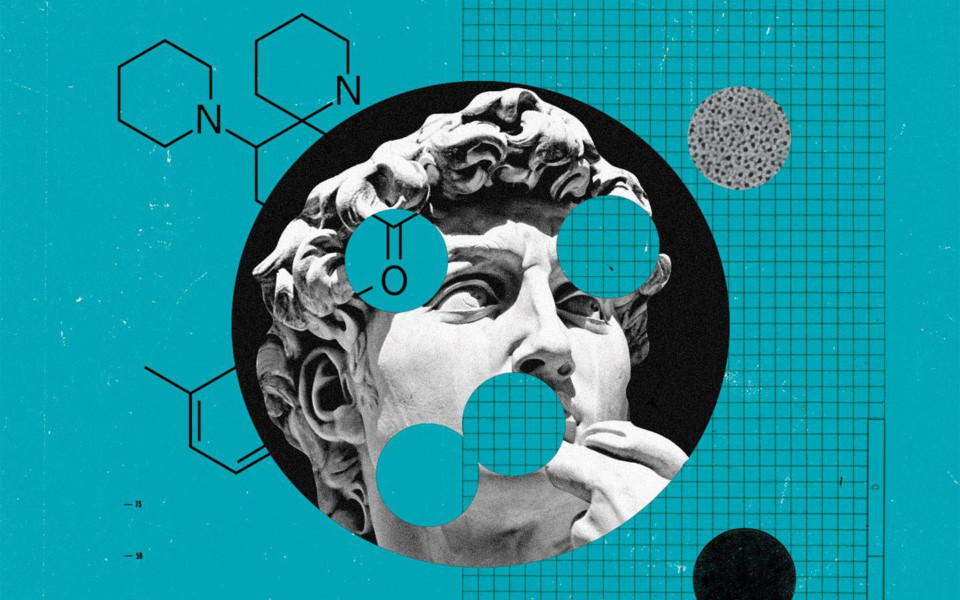Technology Will Soon Give Us Precise Control Over Our Brains and Genes
This is a story of another time, of a plausible future 30 years from now, give or take, in which the human experience of life and health (and perhaps even of who we are) will unfold unlike anything known before. The citizens of this future will learn early in life – through some combination of next-next-next-generation genetic testing and intelligence gleaned from their smart accessories – whether they are heading toward disease: depression, dementia, diabetes, what have you. More importantly, they will be offered an exit strategy.
Some future citizens will take a familiar route: medications, behavioral therapies, or lifestyle modifications. But for others, the path to well-being will require novel interventions. For example, those genetically predisposed to certain disorders might opt to get any risky DNA snipped out of their genes or rewritten. Those with neurological diagnoses, meanwhile, might be prescribed a brain implant – a clingwrap-like electrical film laid on the brain’s surface, perhaps, or a network of thinner-than-hair wires snaked within its anatomy, to keep its neural circuits firing properly.
One might think, assuming these procedures have been shown to work safely and well, that future societies will have everything to gain and little to lose. Who wouldn’t divert the course of their own health, or their children’s, to avoid suffering down the road? And yet our neurons and our DNA are more than the origins of illness. They are also the substrates of our being: our identity, our humanity, arguably consciousness itself. Once we begin to manipulate these elements for medical purposes, do we not risk altering who we are?


